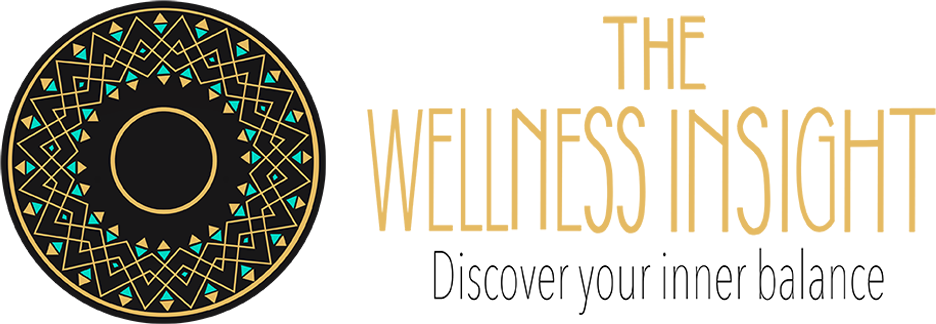http://apchan.deviantart.com/art/Flying-Away-348827268
How many of you cling to your feelings? Maybe you hold a grudge or always remember an embarrassing situation? Why do you do it? Why? Does reminding yourself of the unpleasant past do anything for your future? Does it foster any good to your present now?
The answer is NO! In fact, it actually debilitates you even more. Believe it or not, holding on to the things from your past--hold you back. Never truly being able to close the doors of your past, prevent ones from fully opening. If you constantly remind yourself of that asshole who broke your heart, or that argument you had with your mom, or that time you tried something and failed-- you will never allow yourself the time to heal. Its like getting a cut on the tip of your finger. If you constantly rub it or bump it into stuff it will never get better. Instead, it actually makes doing anything in the present moment really difficult and vexatious. Like this cut, your past experiences, affect the things your able to accomplish in the now.
They become part of you and part of how you see and experience everything. The negative thing you chose to hold on to from your past become part of your story and before you know it, you begin to internalize those thoughts and feelings. Do you ever wonder why you always tend to have the same kind of relationships with the opposite sex? Do you tend to make the same assumptions or jump to the same conclusions? Maybe your always the one to be on the defense when you talk with your mother? Do you hold yourself back from trying new things because the last time you did you failed? The past that you cling to becomes the present that create.
Instead of welcoming new and exciting possibilities, lets say you become somewhat jaded. Yes, the things you chose to cling to mold the reality you come to live in. Eventually without even realizing it you even start using your past experience as justifications for your current situation. The things that you cling to hold you accountable to those experiences, and instead of seeing the world anew ---you come to see the world with a little less light. And that dimmed out view of the world in turn comes to affects how you interact with the world and ultimately becomes your justification for how things turn out. What you don't realize in the greater scheme of things, is that, had you not held on to the past, the present would be full of light and therefore how you interact with it would be different and what you received wouldn't be the same! That is why letting go of anything negative must go! Like it never even happened! Allow yourself some amnesia from the negatives in your past. There is no need to haul around all those bad experiences if they don't serve you, don't allow them to linger on.
Letting go is not as hard as it may seem. Bad things happen to everyone. And as far as I know, we can't change them, we can't travel back in time, so why continue to perpetuate them? Just accept the things that have happened to you in their entirety and accept that there is nothing you can do to change them and then choose to let them go. Once you’re able to move on and close old doors, new doors will open up, better opportunities will arise, and, most of all, you’ll have a better story to tell. A story that instead of holding you back, is pushing you forwards!
Your mind can be your biggest enemy or your best friend. Learn how to let go of things that hold you back through writing in my blog post "Free yourself Write".







